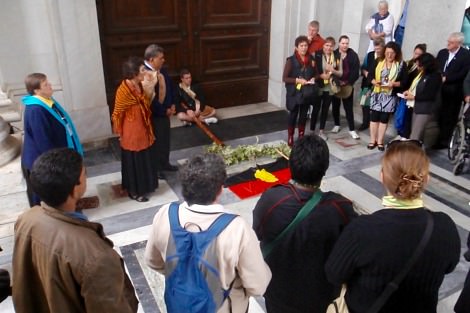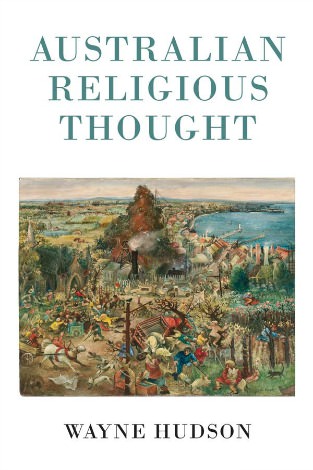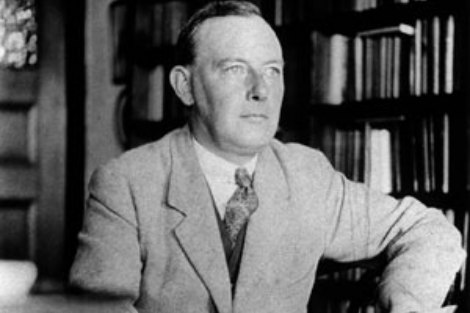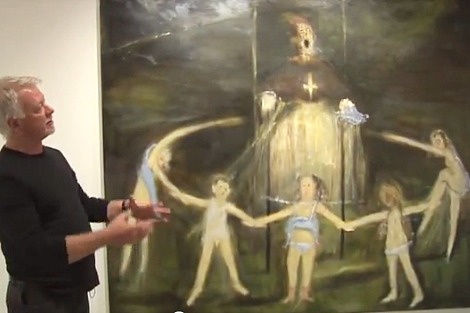Keywords: Aboriginal Spirituality
-

RELIGION
- Frank Brennan
- 15 May 2017
The reconciliation of this vertical relationship is possible only through the mediation of Jesus who embodies, lives and dies the reality of this reconciliation. He puts us right with our God and thereby establishes the basis for right relationship with each other. In many countries such as Australia, Timor Leste and South Africa, the public rhetoric and programs for reconciliation have, at least in part, been informed and underpinned by this theological perspective.
READ MORE
-

AUSTRALIA
- Frank Brennan
- 13 October 2016
2 Comments
With idealism and pragmatism, I invite you criminal lawyers in the next 30 years to imagine and enact a better criminal justice system which alleviates rather than exacerbates the devastating effects of colonisation and marginalisation on Indigenous Peoples, and most particularly their children. An intelligently designed criminal justice system must help secure the foothold of Indigenous children in both the Market and the Dreaming.
READ MORE
-

INTERNATIONAL
- Frank Brennan
- 27 July 2016
2 Comments
The violence at the pastoral frontier of the British colonies here in Australia was all pervasive. 228 years after it commenced, we are still experiencing the after-effects. When I started advocating Aboriginal rights here in Australia almost 40 years ago, the prevailing wisdom was that the missions and missionaries were all bad news. It will come as no surprise that I have always doubted that Aborigines were well rid of religion and the missionaries in all circumstances.
READ MORE
-

RELIGION
- Frank Brennan
- 22 March 2016
6 Comments
I offer no public judgment of Pell, and unlike many other commentators I'll await the findings of the royal commission. I have however been outspoken about his right to a fair hearing and natural justice, not because I am a priest but because I am a human rights lawyer who cares about the universal application of the rule of law. It is when a representative of institutional religion like Pell taps into the generic religious sensibility or moral consciousness that the real work of Australian religious thought is done.
READ MORE
-

- Frank Brennan
- 26 August 2015
7 Comments
When addressing Italian doctors last November, Pope Francis quoted St. Camillus de Lellis who suggested that the most effective method in caring for the sick was simply to 'Put more heart into those hands.' Let's do something to change the market settings and political settings here in Australia to modify the behaviour of all Australians in the future, and let's attend to our own Franciscan interior ecological conversion with our care for the vulnerable.
READ MORE
-

- Andrew McAlister
- 10 July 2015
1 Comment
The past week's meeting at Kirribilli House between Aboriginal and Torres Strait Islander leaders and politicians decided on the establishment of a Referendum Council. We should not overlook the power of the land itself to reconcile us. Theologian, archaeologist, and biblical scholar Eugene Stockton, along with artist Terence O'Donnell, has just produced a timely booklet titled This Land, Our Mother.
READ MORE
-

- Sean McManus
- 25 June 2015
4 Comments
As much as any other religious figure in Australia, Frank Brennan has maintained a religious perspective while engaging in issues of ethics and justice in contemporary Australia. His book Amplifying that Still Small Voice emphasises the importance of the 'religious sense that the human person is created in the image and likeness of God', while speaking in the language and terms that are understandable to the public square.
READ MORE
-

ARTS AND CULTURE
- Brian Matthews
- 01 May 2015
14 Comments
Mrs Cowling was formidable. Her significant physical presence was accentuated by a commanding mien, impeccable English enunciation, and an impressive depth and breadth of literary reference supporting rock-firm opinions. All these years later, I wonder just how burdened she was in teaching literature to Australian students, which she continued to do into her 80th year, by her husband's notoriety.
READ MORE 
-

RELIGION
- Frank Brennan
- 12 November 2013
5 Comments
'Having thrown off the shackles of compulsion endured by pre-Vatican II Catholics, we relish that we come to the table not because we are forced, not because of social expectations, not because of the mindset of the mob, but because we are graciously called and freely responding.' Frank Brennan's Camino Address, Parish of Our Lady of the Way North Sydney, 12 November 2013
READ MORE
-

RELIGION
- Peter Kirkwood
- 06 November 2013
4 Comments
READ MORE 
-

RELIGION
- Peter Kirkwood
- 06 November 2013
In the years after it began in 1951, the Blake religious art prize was dominated by conventional Christian themes and symbols. More recently its inclusion of images associated with human justice has reflected the increasing multifaith character of religion in Australia together with religious believers' concern for human peace and justice.
READ MORE 
-

RELIGION
- Frank Brennan
- 24 October 2013
'Here is a pope who is not just about creating wiggle room or watering down the teachings of the Church. No, he wants to admit honestly to the world that we hold in tension definitive teachings and pastoral yearnings — held together coherently only by mercy and forgiveness.' Frank Brennan's Wallis Lecture presented in Hobart on 24 October 2013 and Launceston on 25 October 2013.
READ MORE